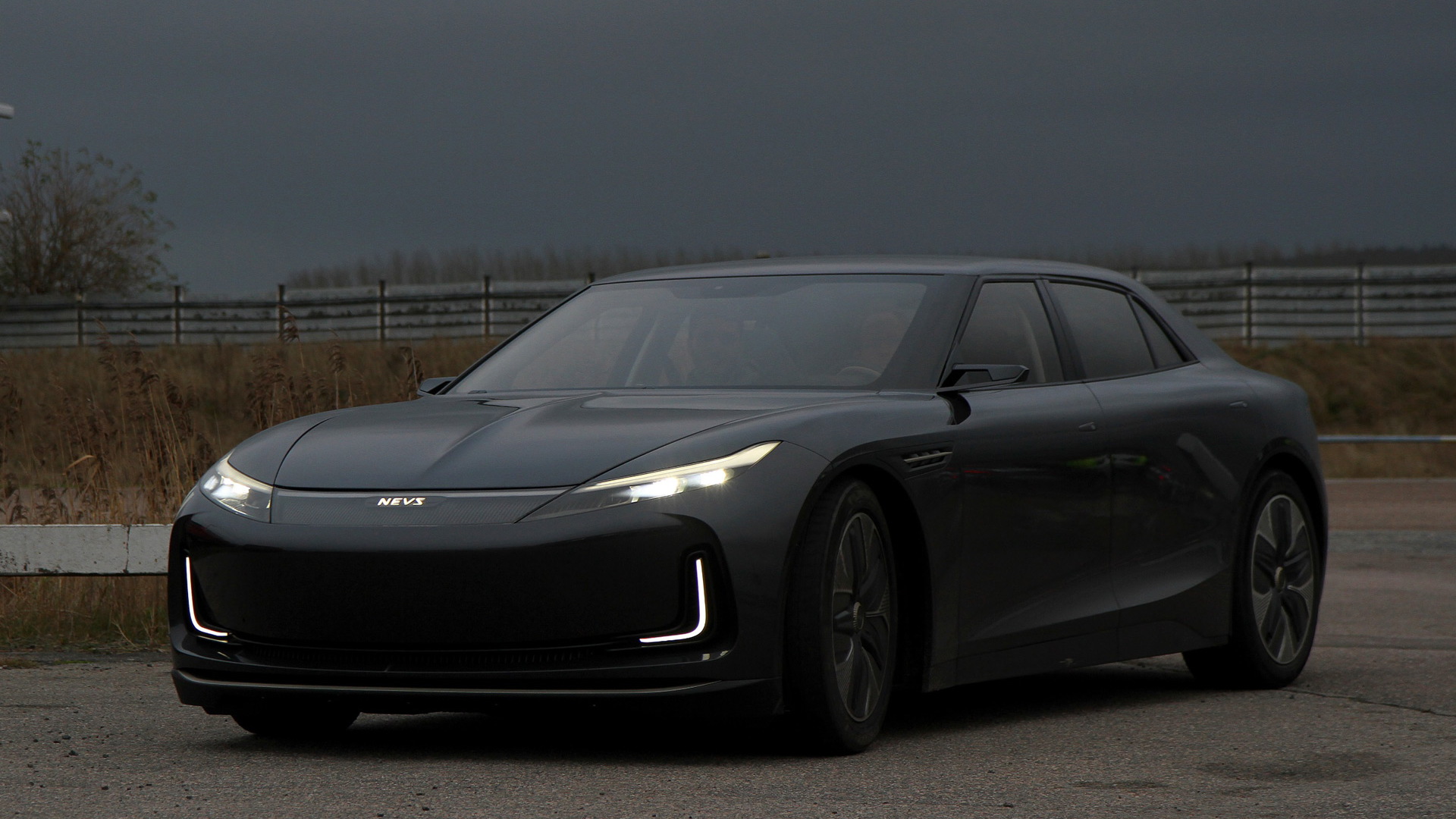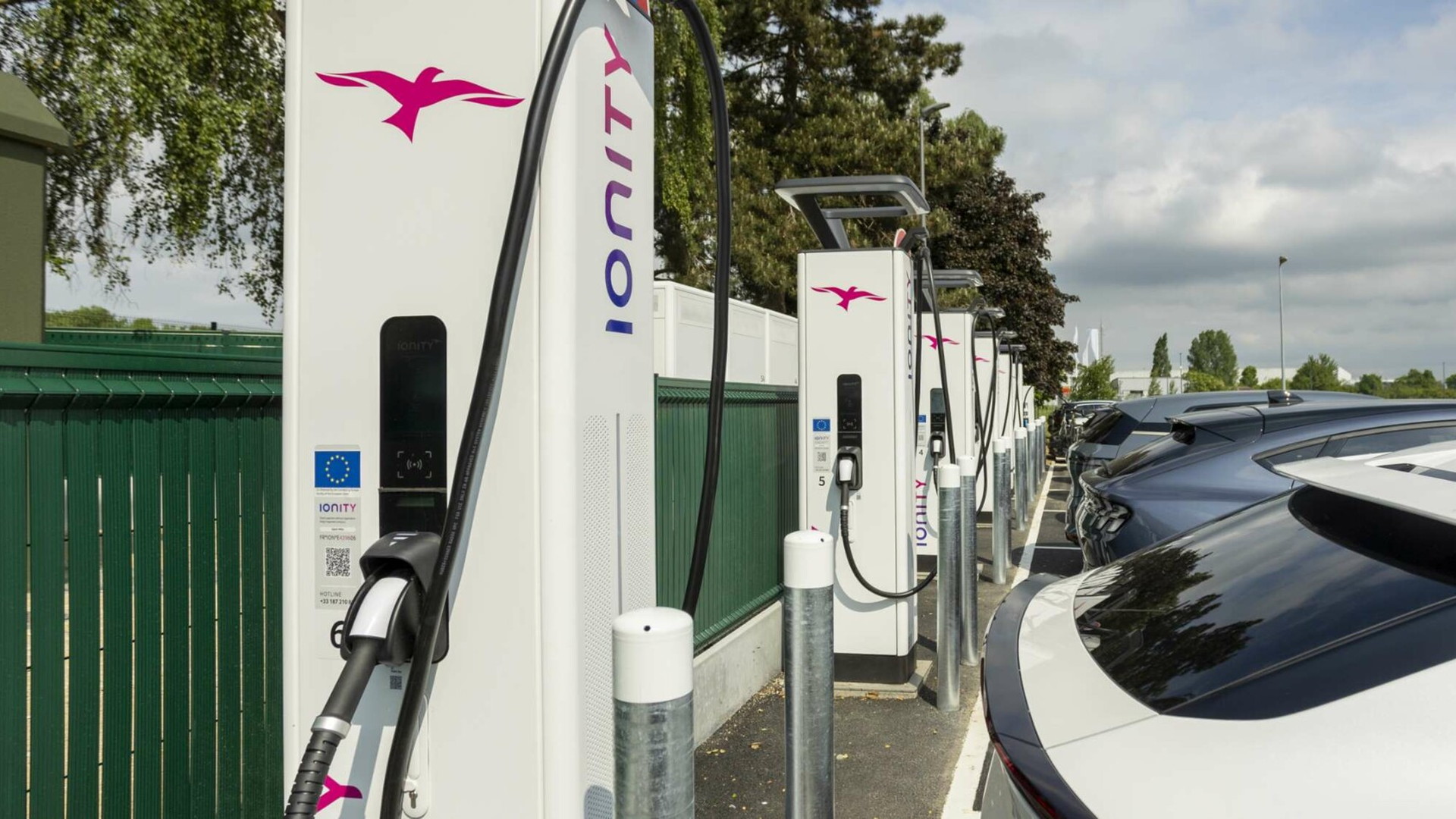It should be fairly obvious, but apparently it isn't: Plug-in electric cars are not going to sweep the marketplace overnight.
Their sales will grow slowly and steadily from a low base.
U.S. plug-in sales in 2012 tripled over the previous year, and most projections are that they'll double again this year.
Now comes a new article from Edmunds, entitled, "Why the Internal Combustion Engine Is the Future."
In it, engineering editor Jason Kavanaugh makes the points that electric cars are still pricier than equivalent gasoline-engined cars, and that battery-electric cars are range-limited.
Indeed.
In other news, the sun rose in the east today and is expected to set in the west.
We shouldn't be so harsh, perhaps; we spend a lot more time covering this field than most, and our readers operate at a higher level of awareness (if occasionally overoptimism).
[Pause to applaud our readers--several hundred thousand of you, now.]
Kavanaugh is right in most of his arguments, and he makes a point we often stress: Gasoline (and other liquid hydrocarbon fuels) are wonderful energy carriers.
Consider that 1 gallon of gasoline, which weighs about 7 pounds, can move a 2-ton object up to 25 miles.
Think about how much energy it would take YOU to do that.
We agree entirely with his statement, "Despite headlines suggesting electric vehicles are on the verge of upending the internal-combustion engine any minute now, they aren't."
He notes that much more efficiency remains to be wrung out of gasoline-powered vehicles, using increasingly advanced technologies.
And, he points out, we've been refining gasoline vehicles for 125 years--whereas the EPA, and like agencies in other countries, have only been regulated auto emissions for 40 years.
To be clear, we expect that gasoline vehicles will remain with us at the end of our lifetime (and we intend to live a good long time).
But plug-in electric cars will grow steadily as a proportion of the total.
Overnight dominance? Of course not. Duh.
![Tesla Model S cars parked on Santana Row, San Jose, CA, April 2013 [photo: Anton Wahlman] Tesla Model S cars parked on Santana Row, San Jose, CA, April 2013 [photo: Anton Wahlman]](https://images.hgmsites.net/lrg/tesla-model-s-cars-parked-on-santana-row-san-jose-ca-april-2013-photo-anton-wahlman_100425190_l.jpg)
Tesla Model S cars parked on Santana Row, San Jose, CA, April 2013 [photo: Anton Wahlman]
We note with sadness that Kavanaugh attacks electric vehicles for their "long tailpipe," the argument that the emissions from the powerplants that recharge their batteries are just as bad as tailpipe emissions.
That's true in China today, as he notes. But it's definitely not the case in a majority of U.S. states--including those with by far the bulk of our driving population--even today, against a 25-mpg car.
And that's according to both a 2012 Union of Concerned Scientists report and the landmark 2007 study jointly issued by the Electric Power Research Institute and the Natural Resources Defense Counsil (EPRI-NRDC).
Even worse, Kavanaugh cites a study in the Journal of Industrial Ecology that purports to show electric cars having a hugely detrimental manufacturing impact.
The authors of that study themselves note that its results are an outlier. Worse, they use some rather odd assumptions, including roughly 900 pounds for the weight of the traction motor in a typical electric car--almost 20 times the actual weight of the motor in, say, an actual Nissan Leaf.
(We really must get around to writing a critique of that study.)

Volkswagen XL1 plug-in diesel hybrid
In the end, we wish Kavanaugh had done a little more digging into the research on some of his secondary critiques.
We agree with his main point: Electric cars will come slowly.
But in a U.S. market of 15 million vehicles a year, and a global market that's likely to hit 100 million vehicles a year by the end of the decade, "slowly" still allows for a whole lot of growth.
We're not sure we agree with his summary: "Progress will progress and the hybrid will win." In the short term (10 years), sure.
And electric cars have one blatant advantage that existing carmakers are so far loath to promote: They simply provide a better driving experience than gasoline cars.
In the long term (20-25 years)--with battery costs coming down annually and gasoline-car costs rising substantially by 2025--we think that wins.
What do you think? Is Kavanaugh's article largely on target, or is he too pessimistic?
Leave us your thoughts (be polite!) in the Comments below.
+++++++++++













